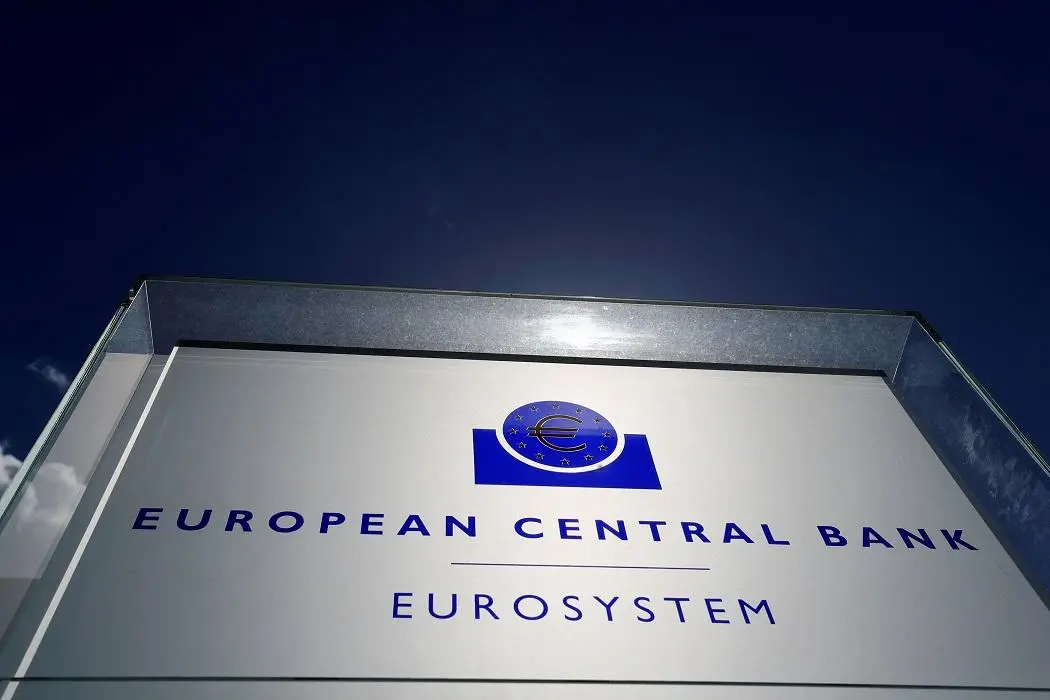PHOTO
LONDON - A staggered exit from quantitative easing is the most Mario Draghi can do. The European Central Bank said on Thursday it expected to stop adding to its bond portfolio via purchases of sovereign and corporate debt. But the exit is qualified by caveats, and a pledge to keep rates low. Trade wars and a weak euro zone mean the ECB president has little choice but to keep his options open.
The ECB’s statement that it expects to stop increasing the size of its bond portfolio at the end of December marks the official end of the money printing experiment begun in 2015. It looks about time: growth is healthy, and the central bank expects inflation to average 1.7 percent over the next two years, close to its target. Employment in the euro area is at a record high.
Yet it’s an awkward time to take risks. Growth, while above the euro zone’s potential, is still expected to fall this year to 2.1 percent from last year’s 2.5 percent. Political risks are growing: the United States is threatening Europe with a trade war. The Italian government meanwhile wants to push up its deficit, and unpick reforms.
That puts the ECB in a tricky position: if it keeps buying bonds, it can be accused of facilitating Italy’s rebellious government. If it stops abruptly, and market expectations of rate increases cause bond yields to rise sharply, investors could worry about Italy’s ability to service its debt, currently 132 percent of GDP.
In that tricky context, the ECB’s complex move looks sensible. It anticipates ending quantitative easing in December, but that is contingent on inflation numbers. And it said rates would not rise until September next year. Moreover, principal proceeds from the 2.4 trillion euros of bonds it already owns will be invested for as long as necessary.
The euro fell, as did German bond yields. The relatively benign market reaction will make it easier for the ECB to creep towards the exit. Yet its task will probably get harder. The Italian government’s demands for fiscal leniency and tougher migration rules could hurt confidence, and increase fears over the euro zone breaking up. A global trade war would particularly hurt Germany, Europe’s largest economy. Quantitative easing is ending, but normal monetary policy is way off.
On Twitter https://twitter.com/Unmack1
CONTEXT NEWS
- The European Central Bank said on June 14 it “anticipated” that it would cut its monthly bond purchases to 15 billion euros in September, and stop growing the size of its government bond portfolio by December. The step will be “subject to incoming data confirming the governing council’s medium-term inflation outlook”.
- It also said it intended to continue to reinvest principal proceeds from maturing bonds “for an extended period of time” after December, and “in any case for as long as necessary to maintain favourable liquidity conditions and an ample degree of monetary accommodation”.
- The central bank said it expected that interest rates would stay at their current level “at least through the summer of 2019 and in any case for as long as necessary to ensure that the evolution of inflation remains aligned with the current expectations of a sustained adjustment path”.
- The ECB’s main refinancing rate is currently 0 percent, and its deposit rate is minus-0.4 percent.
- German two-year bond yields fell after the statement and were trading at to minus-0.65 percent as of 1300 GMT. The euro fell versus the dollar to $1.1676, having started the day at $1.1802.
- For previous columns by the author, Reuters customers can click on
- SIGN UP FOR BREAKINGVIEWS EMAIL ALERTS http://bit.ly/BVsubscribe
The author is a Reuters Breakingviews columnist. The opinions expressed are his own.
(Editing by George Hay and Karen Kwok)
© Reuters News 2018





















